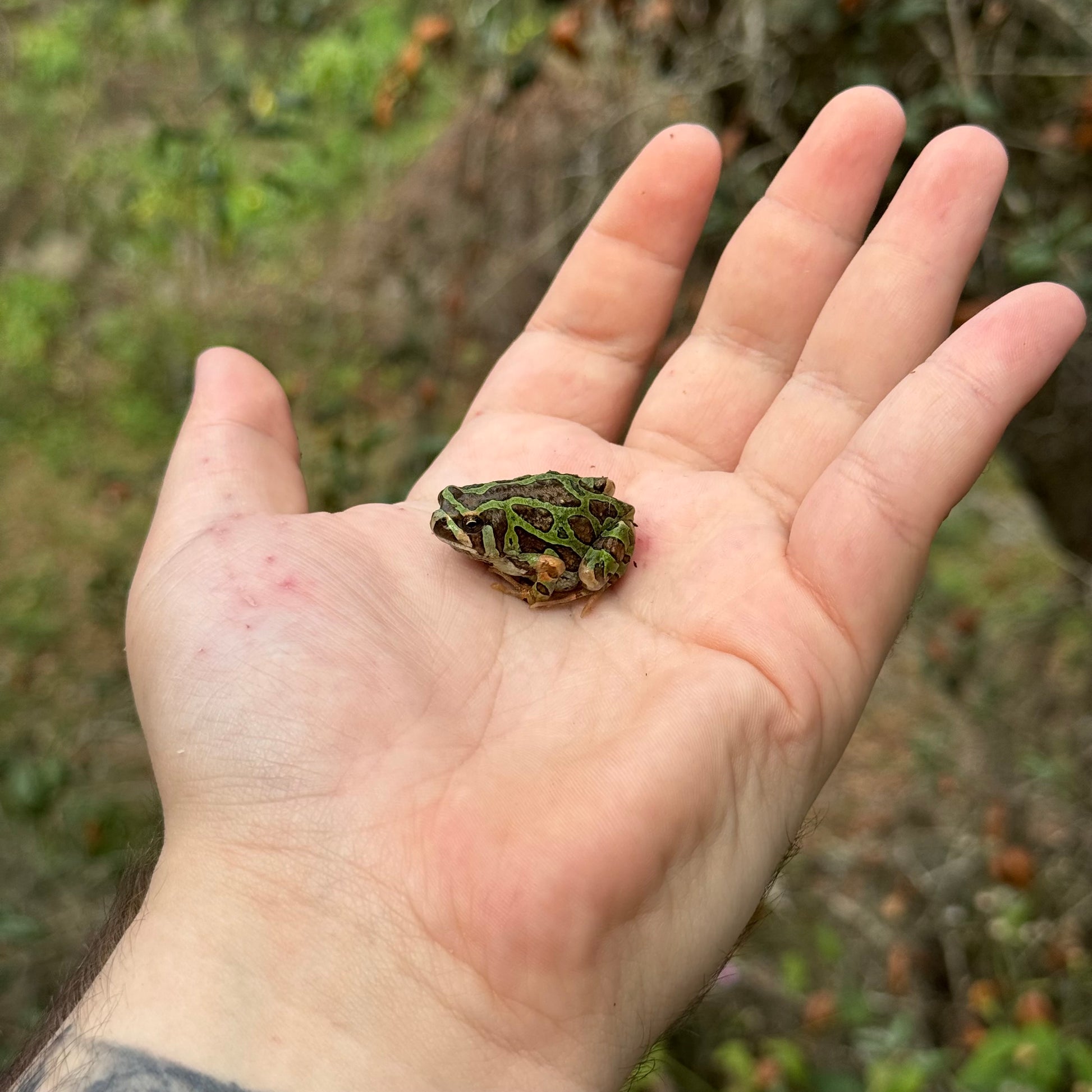Rain Frog for Sale: Elevate Your Collection with Uncommon and Exotic Amphibians!
Rain Frog for Sale: Elevate Your Collection with Uncommon and Exotic Amphibians!
Blog Article
Common Health And Wellness Issues in Reptiles: Signs And Symptoms and Solutions
In the complex globe of reptile treatment, understanding the typical wellness issues that might influence these one-of-a-kind creatures is critical in guaranteeing their wellness. Whether it's grappling with parasitical invasions, navigating dehydration worries, or dealing with skin disorders that manifest in refined means, being attuned to the signs and furnished with the knowledge of effective remedies is crucial for any reptile owner.
Respiratory Infections
Respiratory system infections in reptiles can substantially influence their general wellness and call for prompt attention from knowledgeable vets. These infections are frequently triggered by germs, viruses, or fungis and can manifest via signs and symptoms such as wheezing, nasal discharge, open-mouth breathing, and lethargy. In reptiles, breathing infections can be specifically testing to diagnose and treat due to their one-of-a-kind makeup and physiology. Veterinarians usually depend on a combination of physical exams, analysis imaging, and lab tests to accurately determine the underlying source of the infection.
Treatment for respiratory system infections in reptiles generally involves a combination of supportive treatment, such as keeping correct moisture degrees and temperature level slopes in the enclosure, along with targeted medicine to resolve the specific virus in charge of the infection. It is crucial for reptile owners to monitor their animals closely for any signs of respiratory system distress and seek veterinary care at the earliest indicator of an issue. With timely intervention and ideal treatment, several reptiles can recuperate fully from respiratory infections and return to regular tasks.

Metabolic Bone Condition
What elements add to the development of Metabolic Bone Condition in reptiles?
Metabolic Bone Condition (MBD) in reptiles is mainly triggered by a lack of proper calcium, phosphorus, and vitamin D3 levels in their diet plan. Additionally, insufficient direct exposure to UVB light stops reptiles from synthesizing vitamin D3, which is essential for calcium absorption and bone health.
Other adding aspects to MBD include incorrect temperature slopes within the reptile's habitat, bring about lowered metabolic process and damaged calcium absorption. Insufficient moisture levels can likewise impact a reptile's ability to metabolize calcium successfully. Additionally, particular reptile types have particular dietary demands that, otherwise fulfilled, can enhance the likelihood of creating MBD. Routine vet exams, proper husbandry practices, and a well balanced diet are vital to stop Metabolic Bone Disease in reptiles.
Parasitic Problems
Parasitical infestations present a considerable health threat to reptiles, impacting their total well-being and needing punctual veterinary attention. Reptiles can be impacted by numerous bloodsuckers, including mites, ticks, inner worms, and protozoa. These bloodsuckers can cause a variety of symptoms, such as weight management, sleepiness, skin irritation, diarrhea, and even death if left neglected.
One usual bloodsucker located in reptiles is the mite, which can cause skin anxiety, inflammation, and anemia. Ticks are another exterior bloodsucker that can cause and send conditions pain to the reptile. Interior parasites like worms and protozoa can lead to digestion issues, malnutrition, and compromise the reptile's immune system.
To diagnose a parasitical infestation, a vet may do fecal examinations, skin scrapings, or blood tests. Therapy frequently entails deworming drugs, antiparasitic baths, or in extreme cases, a hospital stay. Preventative steps such as routine vet check-ups, correct hygiene, and quarantine treatments for new reptiles can aid decrease the threat of parasitic invasions find and ensure the health of reptile family pets.
Dehydration and Hydration Issues
Dehydration in reptiles can substantially affect their health and well-being, necessitating prompt treatment and ideal hydration management. If left untreated, dehydration can lead to severe health concerns and also be fatal to the reptile.
To avoid dehydration, reptile proprietors ought to ensure that their family pets have accessibility to tidy water at all times. The water recipe ought to be big enough for the reptile to saturate in if needed, specifically for varieties that soak up water with their skin. Furthermore, preserving proper moisture degrees in the reptile's unit and providing routine bathrooms can help avoid dehydration.
In cases of dehydration, it is essential to seek vet care quickly. A veterinarian may provide fluids either by mouth or via injections to rehydrate the reptile. It is necessary to deal with the underlying reason for dehydration to avoid reappearance and make certain the reptile's overall wellness.
Skin Ailments

Verdict

Respiratory system infections in reptiles can significantly impact their general wellness and call for punctual focus from knowledgeable vets (rain frog for sale). Preventative measures such as routine vet exams, proper health, and quarantine treatments for brand-new reptiles can assist decrease the risk useful site of parasitical problems and make certain the well-being of reptile family pets
If left untreated, dehydration can lead to major health and wellness concerns and even be fatal to the reptile.
On a regular basis examining your reptile for any type of changes in skin color, structure, or appearance can aid in very early discovery and therapy of skin conditions, promoting the total wellness and health of your scaly friend. - rain frog for sale
In final thought, reptiles are prone to various health problems such as respiratory infections, metabolic bone illness, parasitical problems, dehydration, and skin disorders.
Report this page